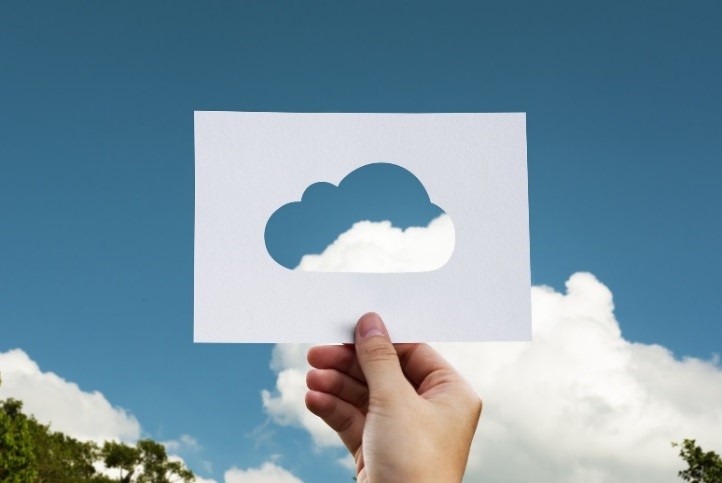
Let me start by asking you a question: How much information would you lose if your laptop died today?
Quite a lot I would imagine.
Your first thought might be the report you have been working on this week. But then you slowly begin to register what else is on your computer: old reports, photos, copies of your resumes and cover letters (all customized, of course), official documents (taxes, visas anyone?). Depending on how long you have been using that computer, the list goes on.
So let me ask you another question: How often do you back up your work?
Have you ever backed up your work? We have all heard the horror stories: “I was only gone for a second and now my computer is missing,” or “I forgot my USB stick in that computer over there.” (I knew a 4th year PhD who lost his entire thesis that way – he offered a hefty reward for anyone who found it.) Life happens and many things are out of our control. If my computer imploded today it would be a cataclysmic event. So how do you prevent such a crisis from happening?
There is a simple solution: back up your computer. When I was a student, my method of backing up my work was to email a copy of my essay to myself or my Dad. Today, there are far more efficient ways to back up your computer.
External hard drive
External hard drives may be old-school, but they are effective, secure, and somewhat inexpensive. Their storage size can range from a USB stick with a few megabytes to several terabytes. How much you want to spend will depend on the amount of data you have and how fast you want the drive to work. It’s important to be aware that hard drives do have a shelf life of a few years, so make sure you get one with a decent warranty.
The Cloud
Unlike the external hard drive, with the Cloud you can access your data from anywhere on the Internet which makes it extremely convenient. If your Wifi is down though, then you’re out of luck. Unless you live near a Starbucks and then you can add your £4 coffee to your data storage budget. For an external hard drive you will pay a flat fee, for the Cloud you will pay a monthly fee basically in perpetuity. Yet, there may not be that much of a cost difference when you consider that you will need to replace your external hard drive every few years.

There are other things you need to consider as well, especially if you are storing sensitive data. The location of the servers can be problematic, particularly if they are in countries that lack strong privacy laws. For more detailed information on using the Cloud, check out his article “Cloud storage: what is it and how does it work?”.
On the plus side, the day you entered the hallowed halls of Cambridge you were given a OneDrive account. Your account has up to 1TB of data that you can use to save your work. This can make life a little easier when your favourite computer is being hogged by someone else. There is also no danger of forgetting your USB stick. However, this option is probably best for your studies, and not your music files. You can find out more about your OneDrive account from UIS.
Make a plan
The next challenge is making sure that you backup your work on a regular basis. It’s important to make this part of your weekly routine so you are only losing a week’s worth of information and not six months. It may take some time to backup your computer to a hard drive or departmental server. Maybe that weekly staff meeting or your Monday lunch break is a good time to plan for a backup. You won’t regret that you did should the tragic day arrive when your computer decides to bite the dust.

